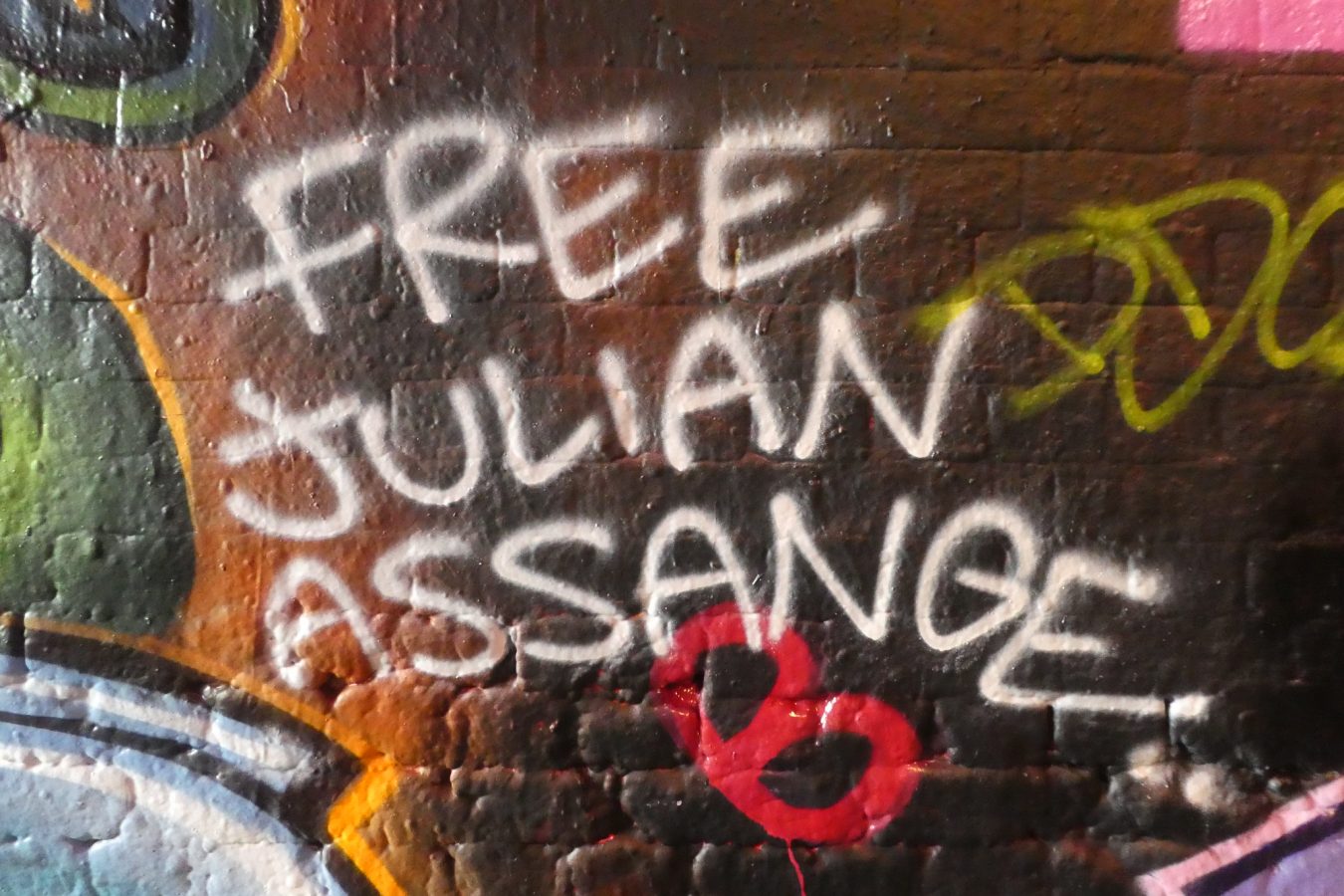Following today’s High Court decision to certify one issue in the Assange appeal as of ‘general public importance’, Massimo Moratti, Amnesty International’s Deputy Research Director for Europe, said:
“While we welcome the High Court’s decision to certify one narrow issue related to the US’s assurances as being of ‘general public importance’, and so to allow the Supreme Court to consider granting an appeal on this issue, we are concerned the High Court has dodged its responsibility to ensure that matters of public importance are fully examined by the judiciary. The courts must ensure that people are not at risk of torture or other ill-treatment. This was at the heart of the two other issues the High Court has now effectively vetoed.
“Torture and other ill-treatment, including prolonged solitary confinement, are key features of life for many people in US federal prisons, including those imprisoned on charges similar to Assange’s.
“The ban on torture and other ill-treatment is absolute and cannot be upheld by simple promises from a state that it won’t abuse people.
“The Supreme Court should have had the opportunity to deliberate and rule on all of the points of law raised by Assange at this crucially important point but the High Court has limited its scope to do so. If the question of torture and other ill-treatment is not of general public importance, what is?”
“We now hope that the Supreme Court will grant leave to appeal on the certified issue concerning at what stage in extradition proceedings should such assurances be submitted and considered.”
Background
The High Court ruled in December 2021 that Assange could be extradited, based on alleged US promises to safeguard him in prison. The US had submitted written assurances that, if extradited, Assange would not be placed in a maximum security prison or subjected to special administrative measures (including prolonged solitary confinement, which can amount to torture under international law); and would receive adequate health care. But the US included a caveat: if Assange did something in the future that required him to be subjected to SAMs or placed in a maximum security prison, then it reserved the right to do so.
The High Court today denied permission for Assange to appeal to the Supreme Court. This is common practice, as it allows the Supreme Court to choose which cases it will hear itself. However, while the Supreme Court can grant permission, the scope of the appeal would be limited to the point the High Court has certified. The only issue that the Supreme Court could now grant permission on concerns at what stage in extradition hearings assurances should be offered by the requesting state.




